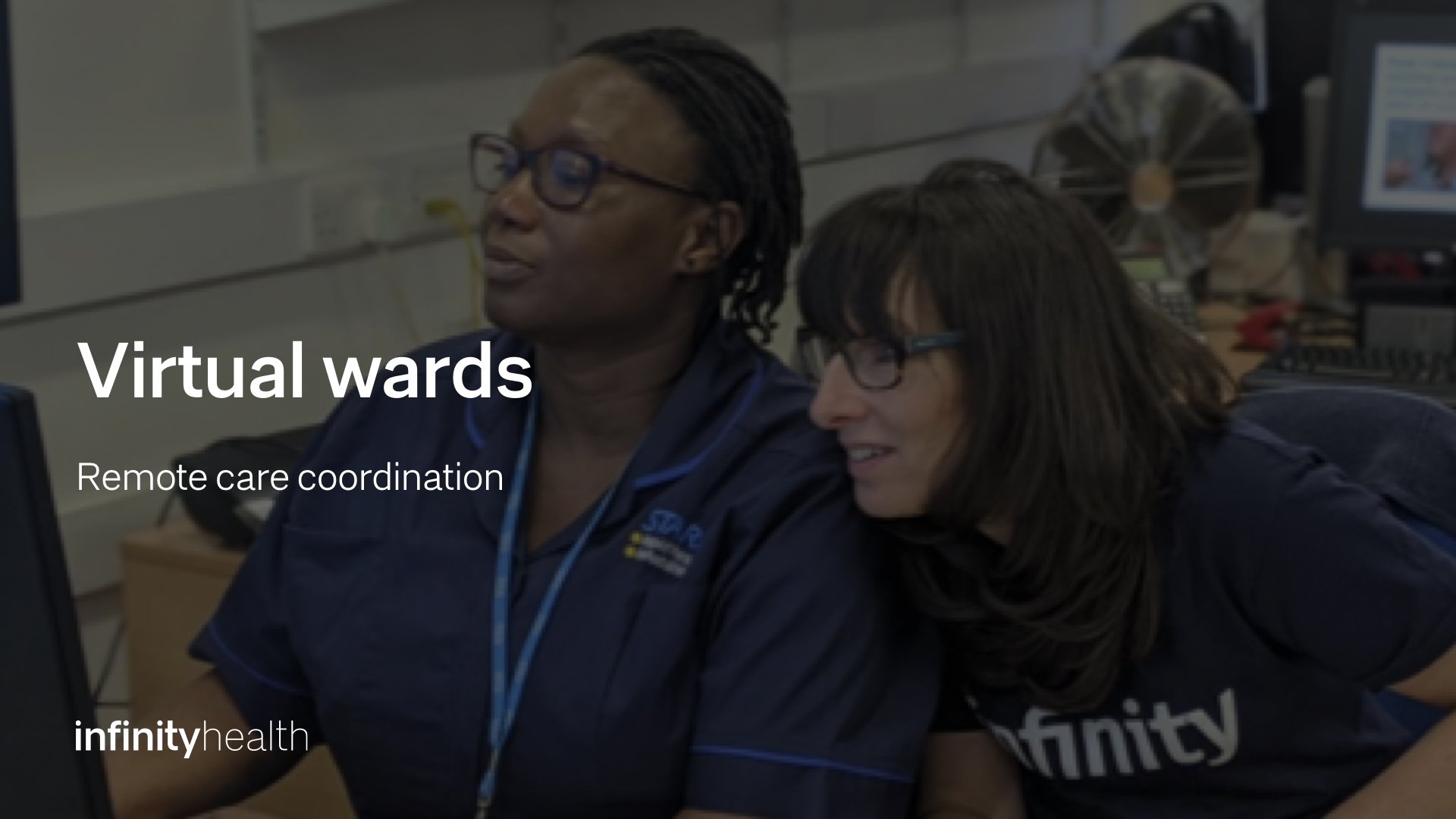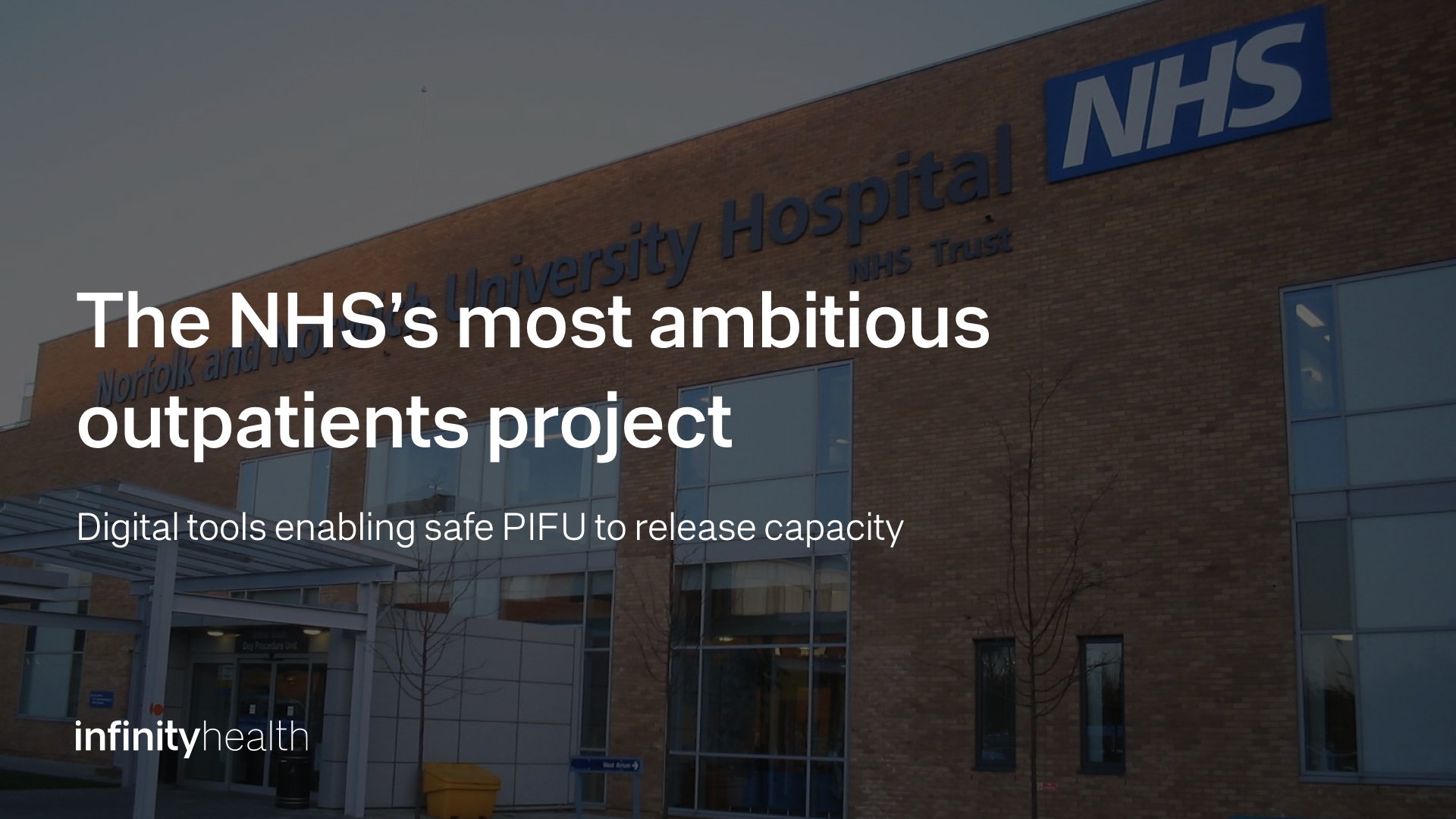How COVID-19 has strengthened the case for digital solutions in healthcare
As UK Health Secretary Matt Hancock recently said, ‘Healthtech really came of age’ during the COVID-19 pandemic.
Whilst the pandemic is far from over and we continue to navigate through a period of unprecedented global transformation, rapid technological advances have transformed healthcare.
On one hand, digital solutions have meant that our healthcare workforce has been able to adapt to new risks and emerging needs. On the other, a step towards digitalisation has mitigated a number of risks for healthcare staff vulnerable to the virus, allowing them to work from home whilst self-isolating or shielding. Evidence also suggests that digital tools could go a long way in reducing stress of staff - a huge threat to our healthcare system - in life after COVID-19.
‘New risks’
The new risks of COVID-19 have brought new needs for treatments, vaccination, and shielding for the vulnerable. This has meant that new frameworks and policy have been introduced at pace to keep the population safe. From the launch of nationwide virtual consultations to protect GPs and their patients, to twice-weekly COVID-19 tests for NHS staff - quick moves to adapt helped our healthcare infrastructure avoid collapse.
In the case of staff testing, digital solutions were the saving grace. The NHS had to adapt to tracking and recording an extra three million data entry points each week - two per member of the 1.5M patient-facing hospital staff. Infinity Health’s pre-existing platform was able to adapt quickly, so that trusts could use it to track staff member’s tests; roughly 15% of the NHS workforce now use Infinity to track instances of positive tests.
Mitigating staff risk
Digital task management enabled by Infinity also had an impact on healthcare professionals who were working from home whilst self-isolating or shielding at the height of the pandemic.
Using our platform, staff were able to log in at home to see what their colleagues were doing in real time. A senior clinician working in a busy community rapid response team at STARRS in London North West University Healthcare NHS Trust said that she could see tasks in Infinity as they were created bedside and track them until completion, enabling her to provide support the the clinical team from her home whilst they were on visits in the community.
The platform also meant that members of staff were able to attend handovers virtually - protecting each other from the risk of catching the virus, and cutting down the number of journeys they previously had to take in order to attend these handovers.
Protecting staff
In addition to mitigating the risk of catching the virus, digital solutions have also contributed to reduced stress amongst healthcare staff as they can more effectively manage their working days, which are often extremely busy and involve complex patients.
Digital task management has helped to bring teams together across departments. Tracked tasks and realtime visibility means that the load can be shared out amongst teams.
The ability to track and view tasks also means that staff don’t have to call or bleep their busy colleagues to confirm the status of a task - not only saving time but enabling staff members to structure their day more effectively and reduce time wasted trying to hold upcoming tasks in their head.
However, COVID-19 is just the tip of the iceberg when it comes to harnessing the power of technology in healthcare. The new risks posed by the pandemic have shown how innovative digital solutions can be adapted, and there is infinite scope to transform healthcare as we know it, for good.
As life starts to return to normality, we must remain open to innovation at scale and use this difficult period as an example and inspiration for how technology can be harnessed for the future. That future starts now.
If you’re interested in a digital solution for task management, want to talk through your challenges or simply would like to arrange a demo of Infinity, please get in touch with our team via our contact page or by emailing us at [email protected].
You can read more about Infinity for patient flow, caseload management, and clinical communications here.






